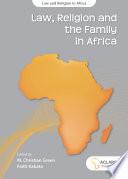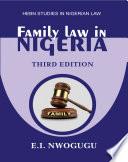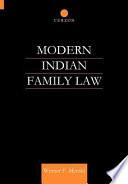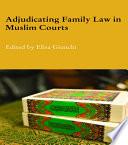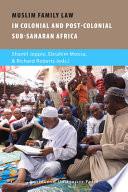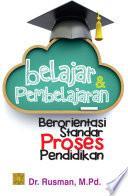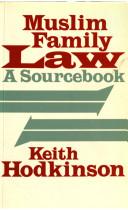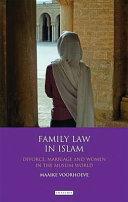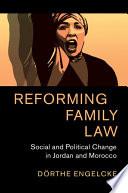
Reforming Family Law
Implementation of Islamic family law varies widely across North Africa and the Middle East, here Dörthe Engelcke explores the reasons for this.
- ISBN 13 : 110849661X
- ISBN 10 : 9781108496612
- Judul : Reforming Family Law
- Pengarang : Dörthe Engelcke,
- Kategori : Law
- Penerbit : Cambridge University Press
- Bahasa : en
- Tahun : 2019
- Halaman : 287
- Google Book : http://books.google.co.id/books?id=GluHDwAAQBAJ&dq=intitle:FAMILY+ISLAMIC+LAW&hl=&source=gbs_api
-
Ketersediaan :
... law is commonly referred to by ordinary citizens as well as policy-makers in the MENA region as Islamic law. The fact that family law is seen as the only area of law that is still Islamic law makes reforming family law a very sensitive ...

